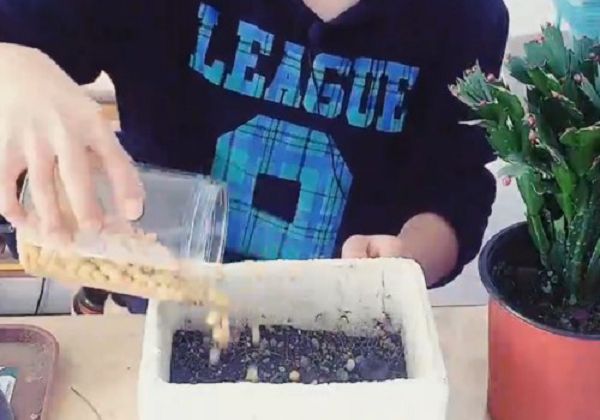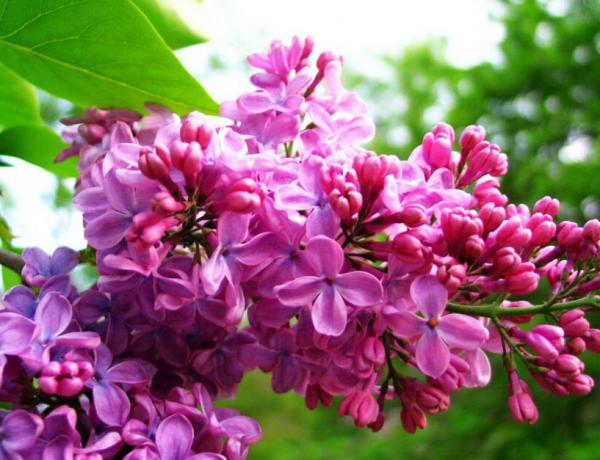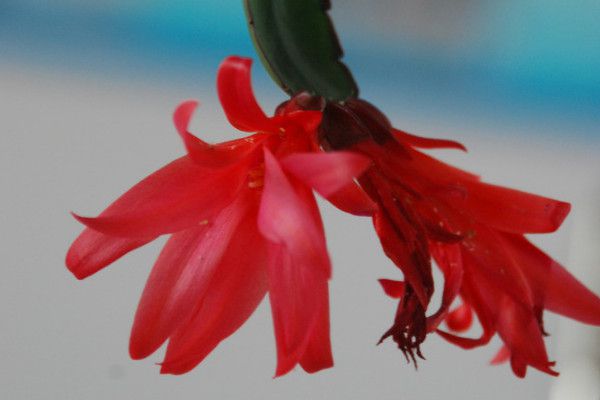What is the best fertilizer for crab claw orchid?

Crab claw orchid is a more fertile flower plant, after all, keep the four seasons evergreen, as long as the growth environment is suitable, it will always keep growing, so it will always consume nutrients. But at the same time, it is also a kind of succulent plant, so it is not tolerant to fertilizer.
As a potted crab claw orchid, it is generally necessary to change the pot every 1-2 years, and it is best to change the pot regularly. The main purpose is to solve the problem of water and fertilizer infiltration caused by the lack of nutrients and the consolidation of basin soil.
For flowers and plants, there are many fertilizers that can be used as base fertilizer, including both special fertilizers and home-made fertilizers. However, different flowers and plants have different requirements for base fertilizer. For this evergreen plant, crab claw orchid, because it likes fertilizer but is not tolerant to fertilizer, so the choice of fertilizer should be targeted, but also need to control the amount of fertilizer.
When we put the crab claw orchid on the basin, in addition to preparing a soft and fertile basin soil, we suggest that we also apply enough base fertilizer in the basin so that the nutrients in the basin will be more abundant. When the plant smoothly slows down the seedlings and survives in the pot, it will be able to absorb the nutrients needed for growth from the soil.
If you apply base fertilizer to crab claw orchid, it is generally best to use organic fertilizer. Organic fertilizer not only has mild fertilizer effect, but also has long-lasting fertility. It can also improve the soil quality and make the basin soil more soft and breathable. However, the application of organic fertilizer must be fully fermented and mature before it can be used.
Using rotten organic fertilizer as base fertilizer is safer for succulent plants such as crab claw orchid. Because the mature organic fertilizer will not continue to ferment in the basin and release a large amount of heat, the root system of the plant can be prevented from being burned.
Of course, we can also apply bone powder or superphosphate, or we can use a little all-element compound fertilizer, mainly nitrogen, phosphorus and potassium, and other nutrient elements as supplements. But the use of this fertilizer must be controlled, generally in the soil mixed with more than 10 grains. The application of base fertilizer in this way is not only effective, but also relatively safe.
Related
- Fuxing push coffee new agricultural production and marketing class: lack of small-scale processing plants
- Jujube rice field leisure farm deep ploughing Yilan for five years to create a space for organic food and play
- Nongyu Farm-A trial of organic papaya for brave women with advanced technology
- Four points for attention in the prevention and control of diseases and insect pests of edible fungi
- How to add nutrient solution to Edible Fungi
- Is there any good way to control edible fungus mites?
- Open Inoculation Technology of Edible Fungi
- Is there any clever way to use fertilizer for edible fungus in winter?
- What agents are used to kill the pathogens of edible fungi in the mushroom shed?
- Rapid drying of Edible Fungi



